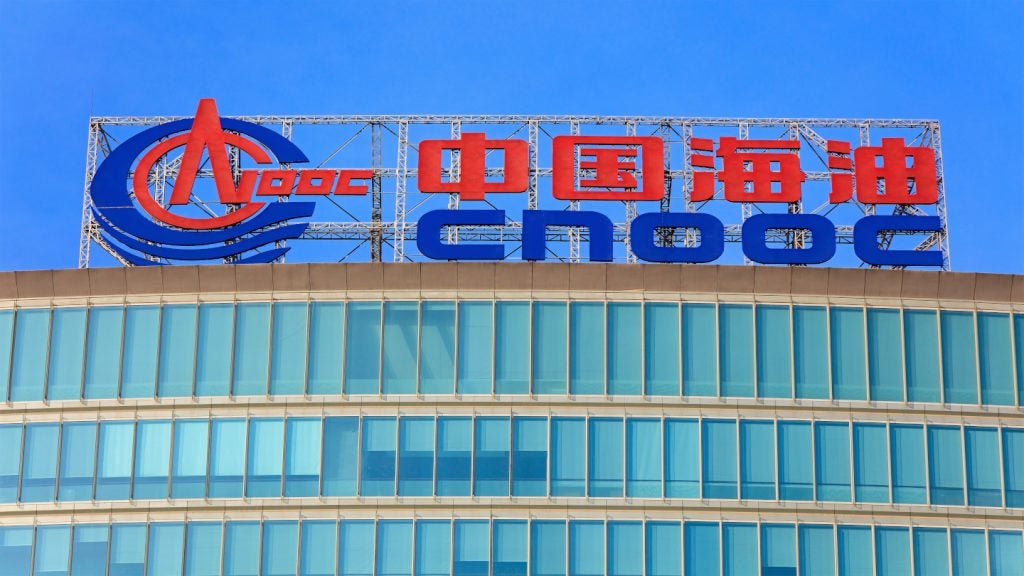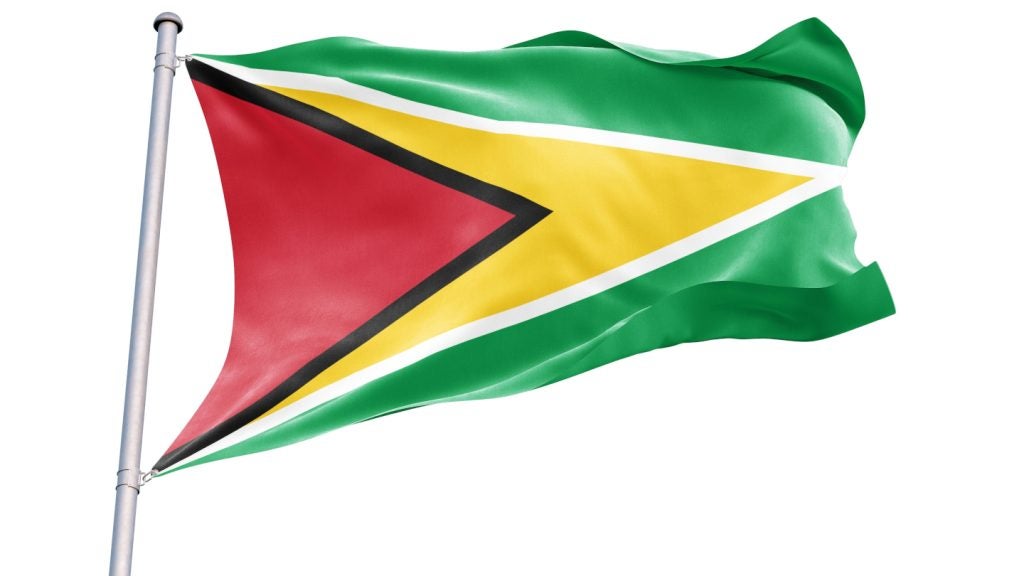The client body developing the projects is Arabian Gulf Oil Company
Libya’s state-owned National Oil Corporation (NOC) has announced four strategic projects in an effort to improve the country’s energy infrastructure.
The client for all four of the projects is Arabian Gulf Oil Company (AGOCO), a subsidiary of NOC that is based in Benghazi.
The projects range from transport infrastructure to construction of a facility that can safely process naturally occurring radioactive materials (NORM).
The flour projects are:
- Rehabilitation and upgrading Libya’s Hamada airport (NC-8 – NC-5)
- Construction of a central NORM treatment plant
- Extension of GC-4 Control room at the Sarir Field
- An engineering study for rehabilitation of field instrumentation and control system at the Tobruk and Sarir refineries
The bid deadline for the Hamada airport project is 21 December 2020.
The Hamada airport serves Libya’s Hamada Oil Field, which is operated by Nafusa Oil Operations.
How well do you really know your competitors?
Access the most comprehensive Company Profiles on the market, powered by GlobalData. Save hours of research. Gain competitive edge.

Thank you!
Your download email will arrive shortly
Not ready to buy yet? Download a free sample
We are confident about the unique quality of our Company Profiles. However, we want you to make the most beneficial decision for your business, so we offer a free sample that you can download by submitting the below form
By GlobalDataIt is located in concession 47 of the Ghadames basin in the Northwest of Libya.
The scope of the project includes:
- Rehabilitation of the existing runway, taxiway, apron area and asphaltic pavement
- Complete milling and application of modified polymer asphaltic super pavement
- Construction of a new apron area
- Constructing lighting the airport for night use including optical navigation.
- A security fence around the airport.
Under the terms of the contract the project will be executed on a “turnkey” basis.
The deadline for submitting bids for the NORM treatment centre is 14 December 2020.
The project includes construction of a central NORM treatment plant for NORM contaminated equipment decontamination at Messla field.
This will be accompanied by a temporary storage area for waste.
The NORM plant will deal with a range of NORM contaminated equipment, including submersible pumps and pipes.
It will not be used to decontaminate tanks, separators and other fixed equipment at production sites.
The method used for equipment decontamination used by the plant will be ultra-high-pressure water jetting.
The scope of work includes supplying of all equipment and materials necessary for construction and operation.
This includes the required laboratories, training, and supervision of the work in the NORM facilities for six months after commissioning.
The deadline for the project to extend the GC-4 control room at the Sarir Field is 21 December 2020.
The scope of the project includes:
- Replacing the old programmable logic controller (PLC) system with new one
- Connecting all field instruments
- Connecting the new manifold (12 slot) to the new control system
- Regulating control panels of the control and control room according to new changes
The deadline for the instrumentation project at the Tobruk and Sarir refineries is 21 December 2020.
A statement released by Libya’s NOC describes the existing pneumatic control system as “obsolete and unreliable”.
It adds: “Spare parts for existing equipment are difficult to obtain.”
The scope of the project will include:
- Replacing the existing analogue instrument system with a digital instrument system.
- Implementing modern distributed control systems (DCS)
- Facilitating the use of wireless digital instruments
- Facilitating the use of pressure to current (P/I) convectors
Between January 2020 and August 2020 Libyan oil production was reduced from more than a million barrels a day (b/d) to less than 100,000 b/d due to a blockade put in place by General Khalifa Haftar.
Haftar is the commander of the armed forces of the House of Representatives (HoR), a rival government that opposes the GNA.
On 21 August, the country’s two warring governments announced a ceasefire and agreed to de-militarise the area around Sirte.
Since the ceasefire was announced the country has increased oil production to more than 1.2 million b/d.
As political stability has improved over recent months, the various stakeholders that have poured resources into supporting the two sides in Libya’s civil war have ramped up efforts to benefit from the country’s increasing security.
There has been a series of highly publicised meetings and several significant contracts are being tendered.
This article is published by MEED, the world’s leading source of business intelligence about the Middle East. MEED provides exclusive news, data and analysis on the Middle East every day. For access to MEED’s Middle East business intelligence, subscribe here








Related Company Profiles
Noc
GNA
Norm LLC
National Oil Corp
Arabian Gulf Oil Co